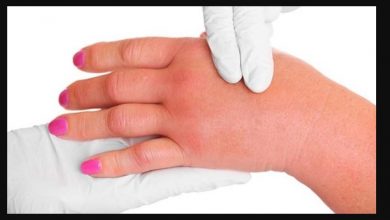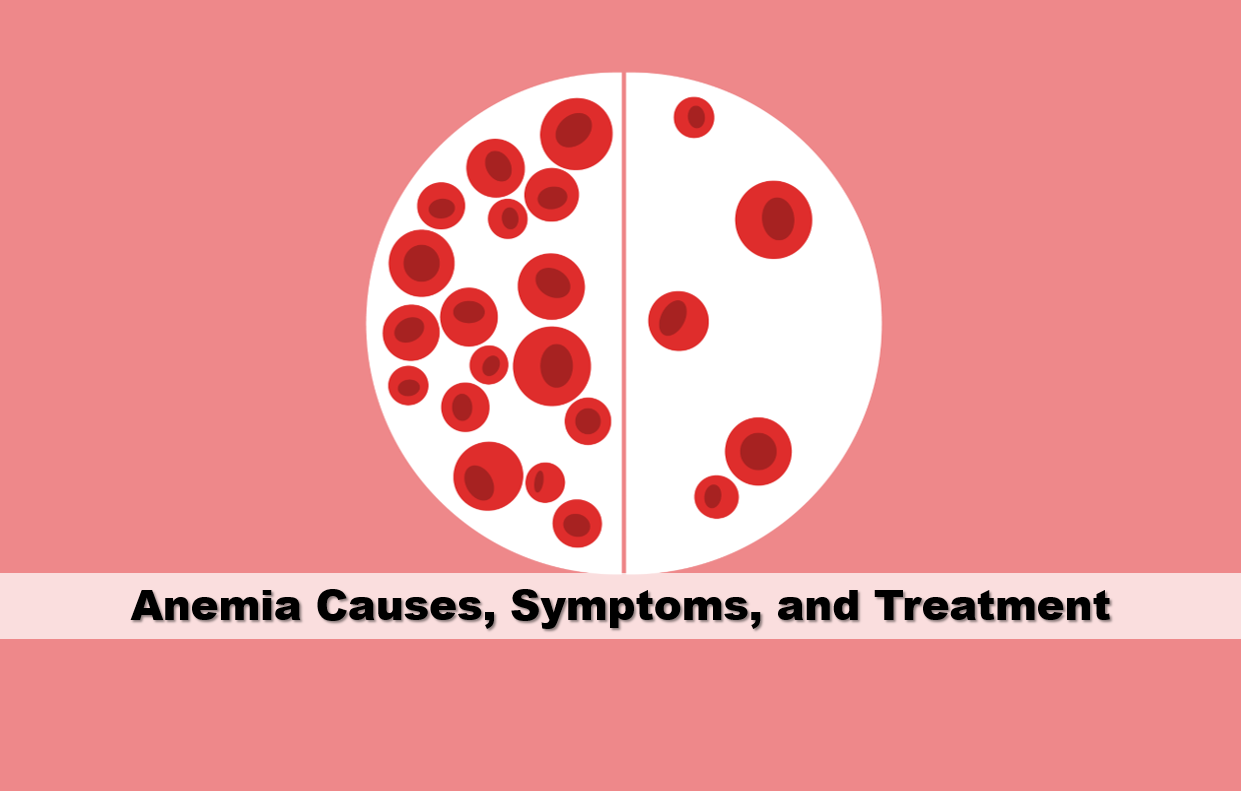How is the flu in babies? What are the symptoms of flu in babies?

How is the flu in babies? What are the symptoms of flu in babies?
Babies and young children are at risk of complications from the flu. Flu infections are often seen between October and May, in the time interval referred to as the “flu season”. There are many different flu viruses that cause flu in babies.
Although it is sometimes confused by the public, flu and cold are two different diseases.
Flu symptoms in infants are more severe than the symptoms of the common cold and are usually in the form of fever, chills, dry cough, tiredness, vomiting and diarrhea.
Flu spreads through contact with infected people or contaminated surfaces. Even if a member of your family has the flu virus, you can take steps to minimize your baby’s chances of getting the flu.
What is the flu and is it dangerous in babies?
Flu is an infection of the nose, throat, and lungs caused by the flu virus. In babies, flu can be dangerous and even fatal. Young children (especially those under 2 years old) are at risk for serious complications. A large number of children are hospitalized each year for flu complications such as pneumonia, most of them under the age of 5.
What are the types of flu in babies?
Examples of baby flu are as follows:
- Fire
- Shake
- Dry cough
- Throat ache
- Runny or stuffy nose
- Weakness
- Anorexia
- Vomiting and diarrhea
Why do babies get grip?
When your baby has the flu who is coughing or sneezing, the flu virus is transmitted by breathing. People with the flu are infected 1-2 days before and 5-7 days after the start of classes. This interval may be longer in sick children.
Your baby can also become infected by touching something that has the virus (oral toy or tabletop) and then touching their mouth, nose or eyes. Studies show that the flu virus can live on items infected for up to 2 days.
As comprehension spreads when people are in close contact, it can be transmitted through schools, daily services, playgroups and connections. People often get sick one to four days after exposure to the flu virus. Flu severity shows from baby to baby. If it is handled with mild symptoms, it can be mistaken for a cold and present contamination to others.
- Ways to protect babies from the flu
- You can take the following measures to protect babies from the flu:
- If a family member has the flu, it is better for those who have not had the flu to take care of the baby.
- Wash your hands often with soap and water. Do this after every coughing or sneezing and before touching your baby. If water is not available, use an alcohol-based hand cleaner.
- Do not touch your baby’s eyes, nose or mouth.
- Avoid face-to-face contact with your baby while sick. You can try to wear a mask to avoid breathing in your face.
- Clean the surfaces in your home with disinfectant. You can use bleach diluted in water or disinfectants that you can ask at the pharmacy. Always follow the directions on the product label.
Should mother with flu breastfeed?
- Flu does not pass through breast milk. In fact, breast milk contains antibodies to help protect your baby from the flu.
- When you are sick, you can pump your milk and feed your baby with a bottle. (Wash your hands thoroughly with soap and water and clean the pump according to the manufacturer’s instructions before pumping.)
- If your milk runs low when you get sick, don’t worry. When you recover, your milk supply will be restored. If you are concerned, contact your doctor or breastfeeding consultant for support.
7 Common Baby Diseases Every Mother Should Know
Flu treatment in infants
- Medication may not be necessary for all children with the flu. However, as the flu can be very dangerous for children under 2 years old, it is usually treated with antiviral medications.
- The best results are obtained when antivirals start within the first two days of illness. They can help make your baby feel better by making the symptoms milder and also help prevent serious complications such as pneumonia.
- The flu is caused by a virus, so antibiotics are useless. Antibiotics may only be necessary if your baby develops a flu-borne bacterial infection such as pneumonia, ear infection or bronchitis.
How is the flu in babies? What are the treatment methods that can be applied at home?
Whether your doctor prescribes medication or not, you can help your baby with flu heal and feel comfortable with some of the home remedies below:
- Fluid consumption: Make sure your flu baby gets too much fluid. If you are breastfeeding, breastfeed her frequently. If he’s started on a supplement, have a soup or broth.
- Rest: Have your baby rest at home. Don’t let it get tired by taking it out too much.
- Pain relief: If your baby seems uncomfortable, consult his or her doctor if your child can use pain relievers. Do not give your child any medication unless recommended by your doctor.
How many days does the flu last in babies?
Your baby will likely feel better in a week or two. First the fever goes down, then the appetite comes back. In some children, the cough can last for two weeks or longer. If the fever does not decrease and your baby always feels bad, consult a doctor.
What can be done to avoid infecting the baby with the flu?
Precautions include getting a flu shot, maintaining good hygiene, and avoiding other infected people.
Get a flu shot. If your baby is 6 months old or older, they may have the flu shot. You can get a flu shot by consulting your doctor. You should have your baby vaccinated before flu season.
- The flu peaks between December and February, but outbreaks occur in October. After the vaccine is given, it takes several weeks for the body to develop antibodies against the flu virus. Ask your doctor when it is best to vaccinate.
Pay attention to hygiene. Keep your hands clean. Wash your baby’s hands with soap and warm water, and ensure that everyone in the family washes their hands frequently. Use alcohol-based hand sanitizer when soap and water are not available.
- Use a tissue when coughing or sneezing, throw it away immediately. Avoid touching your eyes, nose, and mouth. Frequently wipe bathroom, kitchen surfaces and toys with soap and water or an EPA-approved household disinfectant.
Keep your baby away from sick people. Keep your baby away from people who may be sick. If a family member is sick, make sure that the baby avoids the sick person as much as possible.
- If your baby is under 6 months old, let the doctor know if he or she has been in close contact with someone who has the flu. Your doctor may want to give your baby an antiviral or immune-boosting vitamin to prevent the baby from getting the flu.





